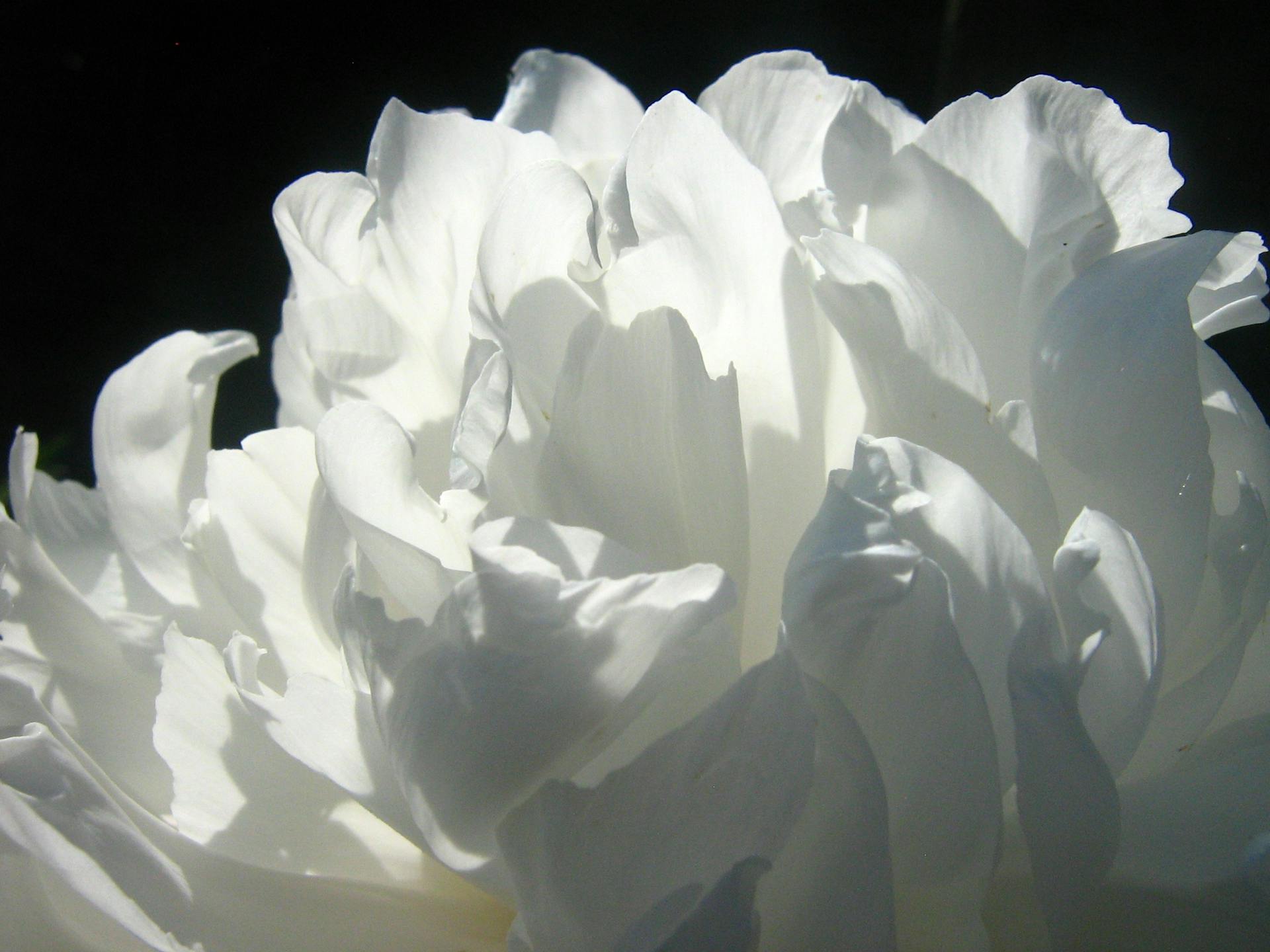Thought — 2 Min Read
Dunning Kruger We Are
by Case Greenfield, December 3, 2022
Thought – 2 Min Read
Dunning Kruger We Are
by Case Greenfield
December 3, 2022
It’s funny. When I was 16 years old, I wrote down “Ultimately, we just don’t know.” And now, at 61 years old, that is the only thing I know for sure now: we just don’t know, we know nothing, all we do is guess. It’s an evolutionary survival mechanism.
You may have heard of the Dunning Kruger effect. Here’s the Wikipedia definition:
The Dunning–Kruger effect is a cognitive bias whereby people with low ability, expertise, or experience regarding a certain type of task or area of knowledge tend to overestimate their ability or knowledge. Some researchers also include in their definition the opposite effect for high performers: their tendency to underestimate their skills.
It refers to “people with low ability, expertise, or experience regarding a certain type of task or area of knowledge”. My point is: we all suffer of Dunning Kruger. Our brains are too simple to understand the world we live in; in a philosophical way, that is. Collectively, we overestimate our ability and knowledge. We think we have a pretty good idea about reality, but really we don’t have a clue. All we have to cling to are our mind models to give us some feeling of certainty.
We thought we understood how an apple falls from a tree. Turns out we know nothing about gravitational force fields. We thought we knew about tangible things. Turns out we know nothing about elementary particles, black matter, etc. And so on. We think we really understand global warming. Parts of it are still a mystery. We think we understand ourselves. Haha.
We don’t know things, and we don’t know that we don’t know
Some call it “double ignorance”. We don’t know things, and we don’t know that we don’t know. And that’s fine. The problem is that we refuse to acknowledge to ourselves and others that we don’t. We rather live in mindless certainty (that feels in control) than in unsecure uncertainty (that feels unsafe).
It’s funny. When I was 16 years old, I wrote down “Ge kent ut soms toch nie wete“, in the Brabants Dutch dialect, meaning something like “Ultimately, we just don’t know.” And now, at 61 years old, that is the only thing I know for sure now: we just don’t know, we know nothing, all we do is guess. We think we know it all, because otherwise existential uncertainty will be unbearable, but we know nothing. So, we create our own reality. It’s an evolutionary survival mechanism.
By the way, from a physics perspective this is interesting. One can make the analogy with quantum physics. In the quantum world any entity is described with a so-called wave function. The wave-function is a statistical distribution of all possible states of the entity. Only after detecting the entity, you can say in what state it apparently was at the moment of detection. This is called the distortion of the wave-function. (This is the basis of the workings of a quantum computer.)
This can be compared with the notion, that we do not know the future and there are many possible futures, but once gone through the present we can say about the past how it apparently was or has been.
And the same happens with mind models in the present: we don’t know exactly in what state the world around us is, but through our mind model ‘filter’, we choose one – that fits us best – and we live with and act upon that simplified reality. So, one can say, our mind model is or causes the distortion of the wave-model of a very complex reality into a simple truth that suits us and helps us survive evolutionarily.
This and exactly this is why I like the notion of Quantum Art.
And it’s already taking off: see eg. Dutch artist Jeroen van der Most’s artwork “Quantum Cat“.
Also, in quantum physics, the observer cannot be seen separate from the object in the act of observing. In the very act of observation, the observer distorts the wave-function of the observed entity. This directly relates to the notion of the beholder’s share (by Alois Riegl, Ernst Gombrich, Ernst Kris, Eric Kandel and others; popularized by Jeff Koons and other artists).
Anyway, it is not good or bad. It just is how it is.
We’ll have to live with it.
Some of us have created mind models that have higher ‘reality testing’, predictive value than other. And some people completely dig themselves in into esoteric, mystical, often conspiracy theory based, total utter nonsense. And some people have psychiatric disorders like delusion, psychosis or schizophrenia.
For some people, the mind models are so strong that they are convinced that THEIR MIND MODEL IS REALITY. Yet, almost everybody to small or large degree must now and then get the feeling that something is not right with their mind model. A crack in our Dunning Kruger effect.
Those are the moments that we long for the cozy rabbit hole, where we feel safe in the scary reality around us.
And that is the basis of my art: up and down from our mind model of the world to the cozy rabbit hole.
Amen.




